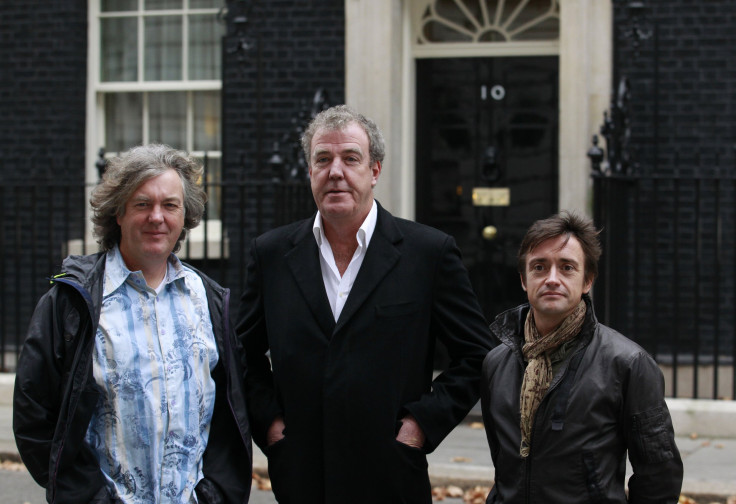British Government Reviewing Future of BBC: Funding Mechanism and Content Under Scrutiny

The British Broadcasting Corporation will be in for a major overhaul if the UK governmnet has its way. It embarked on a major review and shake-up of the BBC to "make it thrive" in the digital age. However, the move has been frowned upon by prominent people including James Bond star Daniel Craig, who said funding cuts to BBC will be bad. In July, BBC announced chopping off more than 1,000 jobs to save on costs.
There had been reports of strained relations between BBC and some sections in the Conservative government, with many in the ruling party accusing the broadcaster of leftist bias. Setting the tone for reforms, the government on Thursday released a discussion paper. Noting that BBC is a national institution and paid for by the public, Culture Secretary John Whittingdale justified the discussion paper.
By publishing a discussion paper on the BBC's future, the government has sent a message that it will change the status quo before the broadcaster's royal charter is renewed in 2016. The discussion paper is also significant for its questions on the content strategy of BBC, wondering whether it should be producing commercial content such as "The Voice,"a singing talent show, and pop music station Radio One, at the cost of distinctive programming. The proposed reforms may force the BBC to radically alter its current output, which may have axe falling on TV shows like "Sherlock," reality shows, documentaries and news.
Hard Questions
It is understood that the government is set to ask "hard questions" about the size and ambition of the BBC . Whittingdale recently told MPs that a decision is inevitable whether the BBC should try to do "all things" or be more "precise." The main questions are as follows:
- What services and content should it provide?
- How should the BBC be funded?
- How should the BBC be governed and regulated?
The minister said the Government is keen to give everyone a chance to have their say on how well the public money is being spent. The BBC has already spent more than £30 billion of public money over the current charter period. Whittingdale said BBC must answer questions on its relevance, scope and purpose in the age of YouTube, Facebook and smart-phones. It is expected that the discussion paper will be followed up with a legislation in 2016.
Funding Model
Currently, BBC’s funding is done through an annual licence fee of £145.50, payable by British households having a television. Collectively it raises over £3.7 billion a year. On the question of BBC’s funding for the future, the culture secretary said there is "no easy solution" and described the current licence fee model as "regressive." He said all alternatives will be explored but admitted subscription model "cannot work in the short term because the technology is not yet in every home to control access."
BBC Response
The BBC, in its response, said reforms would "appear to herald a much diminished, less popular, BBC. That would be bad for Britain and would not be the BBC that the public has known and loved for over 90 years.” BBC Director-General Tony Hall said people want a "strong BBC, neither small nor bigger... that informs, that educates and also entertains" However, he said there were "particular challenges" on how BBC reached ethnic minorities and younger people.
In a caustic reaction, former chairman of the BBC Trust, Chris Patten, told the House of Lords that Whittingdale has “appointed a team of assistant gravediggers, presumably to bury the BBC that we love."
For feedback/comments, contact the writer at k.kumar@ibtimes.com.au





















